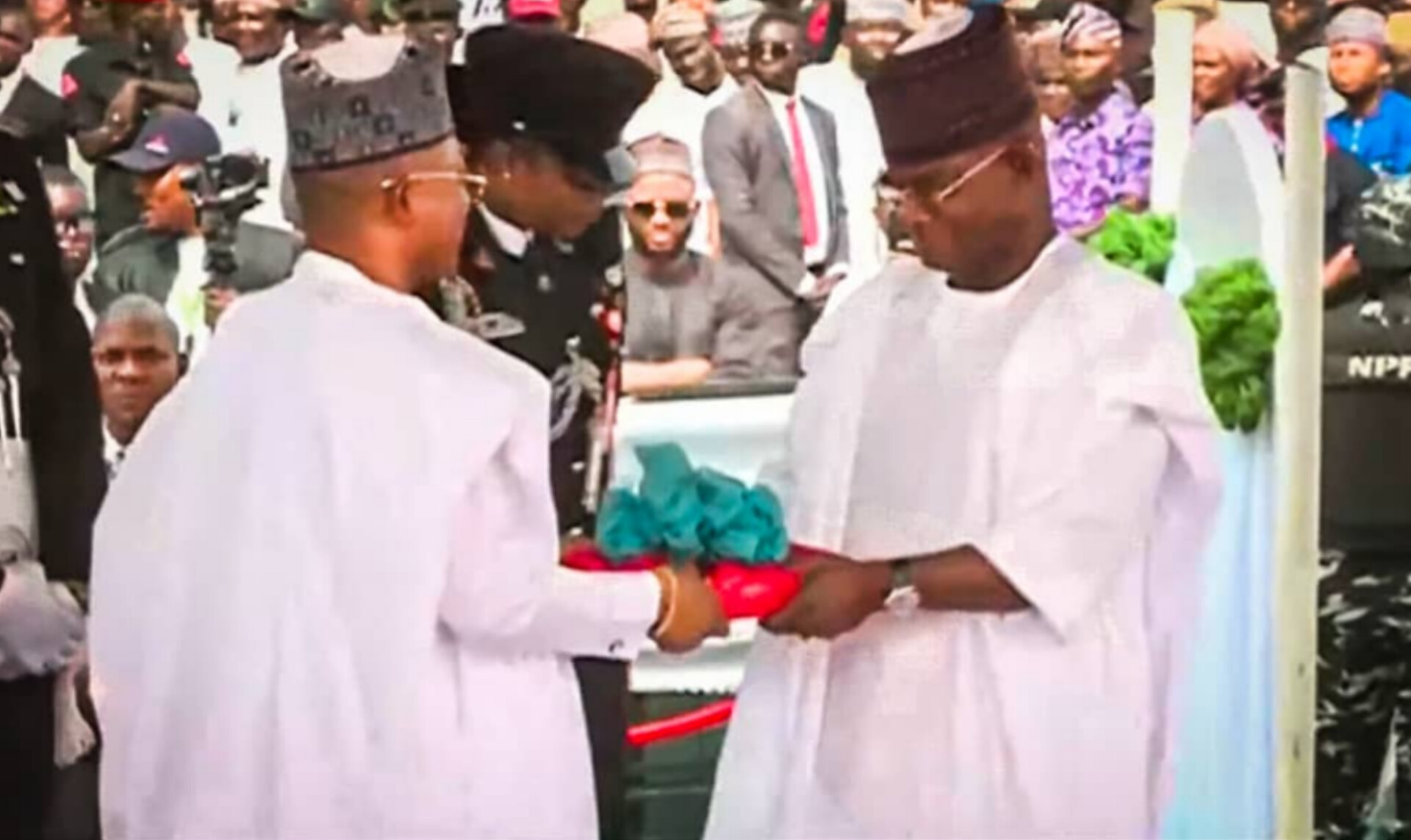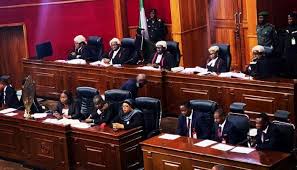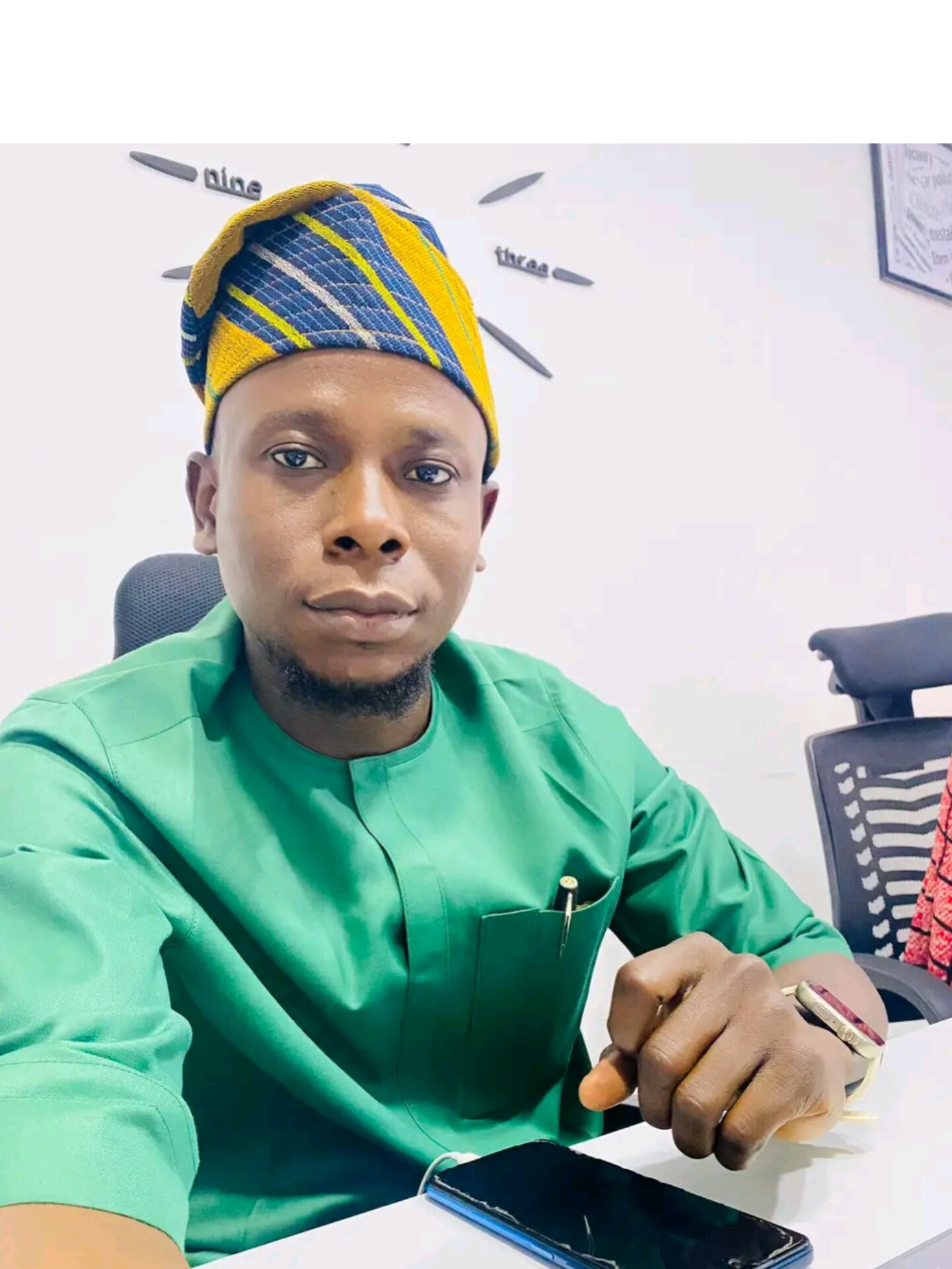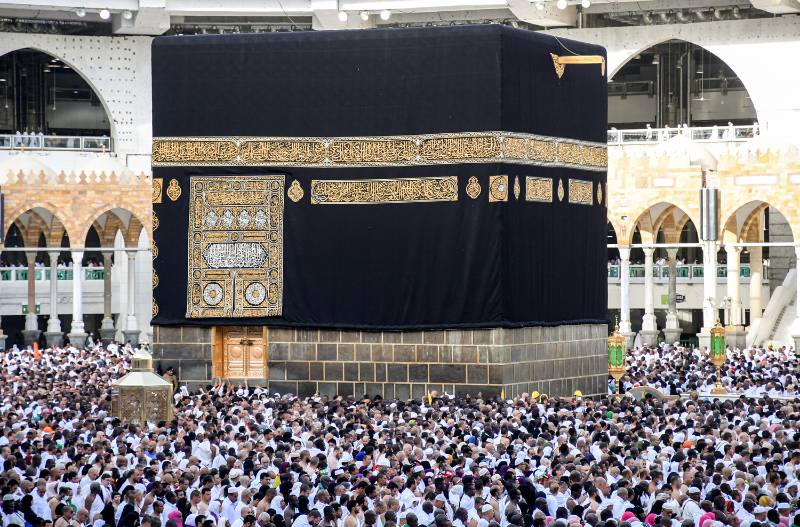By Bolaji Afolabi
Saturday, January 27, 2024, the Okene-born Ahmed Usman Ododo, accountant and public servant, took oath of office as the fifth governor of Kogi State in the 4th Republic. Ahead of him were: Abubakar Audu (of blessed memory); Ibrahim Idris; Idris Wada and Yahaya Bello in that order. In the course of the inauguration last weekend, the appraisal of governance, and government in the state became compulsive. Ododo a former Accountant-General of local governments has a herculean task ahead of him.
Kogi is a state with humongous potentials no doubt. Like the global Nigerian state, however, the “confluence state” which is the popular moniker of the state remains a crawler and toddler in matters of growth and development. According to the National Bureau of Statistics, (NBS), Kogi State stands at No. 25 in the ranking of the 36 states in the country. The state curiously find itself behind states like Zamfara, Nasarawa, and Borno, which are listed as 21, 23, 24 respectively. In yet another report in 2023, Kogi didn’t make the “Top 20 Richest states” based on GDP in Nigeria. These reports do not come as a surprise given that over the years, Kogi State has been the epicentre of pervading mediocre leadership, record-breaking greed and graft and mercenary-style pilferage of its resources. Juxtaposed with this has been the flagrant display of stolen opulence by officials whose noisy conduct deafens the ears of a famished people.

Previous administrations in the state beginning from 1999 brandish their contrived records of service and achievements. Much more, however, needs to be done. Preparing for this article, the writer stumbled on an *aide memoire* articulated personally in 2015, titled “A SPONTANEOUS ADVISORY TO KOGI’S YAHAYA BELLO.” It is over seven years that document was put together. The issues raised, opinions canvassed and solutions suggested are still germane, and may be useful to the new chief executive of Kogi state.
*EXCERPTS:*
Strange things do happen; situations and developments beyond human comprehension and understanding. During the 2015 Kogi Governorship election, the All Progressives Congress, (APC) candidate Prince Abubakar Audu was coasting to victory when tragedy struck. The flamboyant and influential Igala-born politician passed. Shock, pain and suspense enveloped the state. His untimely death came as a huge surprise to the people of Kogi State, including his political family and associates, even his political adversaries. The length and breadth of the state thrown into mourning. For once, politicians of different leanings relegated politicking to the background to mourn a man who, arguably could be described as “the architect of modern Kogi State.”
With elections yet to be completed, confusion, anxiety, apprehension, and tension pervaded the state. What next? What will the Independent National ElectoralCommission, (INEC), do? Who replaces the deceased as APC candidate? These thoughts agitated the minds of people. After varied legal elucidations, the Supreme Court ruled and directed the INEC to recognize and present the first runner-up at APC’s primaries as the new governorship candidate! Yahaya Bello, the Okene-born former staff of the Revenue Mobilisation Allocation and Fiscal Commission, (RMAFC), became the major beneficiary of the new development and not James Faleke, who ran as the deputy governorship candidate to Audu. Bello therefore inherited the votes Audu garnered across the state before the tragic incident. Such strange, may be warped logic.
The Supreme Court’s ruling led to cacophony of comments and reactions within and without Kogi. It elicited vagaries of legal interpretations by both “learned and unlearned.” The hitherto quiet characterisation of the “confluence state” disappeared. It came into national and international focus, just as the local and international media feasted on happenings in the state. Bello emerged winner of the supplementary election conducted in areas which voting had not occurred before Audu’s midstream departure and was subsequently sworn-in as Governor. As the fourth governor in the fourth republic, he made history as the first person outside Kogi East senatorial district to emerge chief executive of the state. His three predecessors were all Igala from Kogi East.
The constitutional blurr and subsequent Supreme Court judgement that threw up Bello led to differences amongst the major ethnic blocs, and somewhat polarized the political tranquility in Kogi. Surprisingly, months after assumption of office, opinions were still divergent and sharply divided about the emergence of Bello as APC candidate and governor. While a school of thought endorses the development, the other group thinks otherwise. Somehow, proponents and opponents of these sharply-divided and rigid positions have leaders and foot-soldiers across Kogi. The unfolding political development does not augur well for focussed delivery by the new administration. The posture and comments of some stakeholders does not suggest acceptance of Bello and his government. The ultra-rigid, if not selfish positions of some leaders and influential personalities, if not addressed has the tendency to over-heat political developments in Kogi. However, the reality which every Kogite will live with, at least for four years is that Bello is the new “Sheriff.”
However, Bello has a lot ahead of him to ensure the cloud of anger, and despondency, by some people gives way for unity, amity, and togetherness. He has the onerous task of creating, promoting, and sustaining cordiality, harmony, and cohesion amongst people. He has to build result-oriented and robust relationship between his government and all Kogites. Through strategic planning, he must enthrone the culture of inclusivity and belongingness in every of his policies, appointments, projects distribution and resource allocations. It is apposite for Bello to ingeniously explore and exploit the present frosty perceptions as necessary filip, impetus, and platform towards galvanising social, economic, and political development of Kogi. It is encouraging that at every fora, Bello is preaching unity and peace, as well as extending the olive branch to all and sundry. These are necessary sound bites but he must move faster in actions and taking appropriate decisions to authenticate these beautiful words. He needs to be more collegiate and convincing in all his policies, programmes, and projects.
Indeed, Kogi is in dire need of immediate physical, fiscal, infrastructural and institutional “make-over.” Though previous governments have done their bits, more work still lies ahead. There is urgent need to uplift and upgrade the status of Kogi State. It is disheartening that the state keeps recording negative ratings in some indices of meaningful growth and development. Given it’s geographical, locational, and environmental advantages, it’s painful that Kogi keeps experiencing snail-paced strides in few sectors. It is heartbreaking that since 1999, Kogi with it’s vast natural resources, has not witnessed meaningful development but flows in an ocean of economic squalor, contagious and corrosive poverty, social trepidation, mass unemployment, and moral bankruptcy. Fact is, Lokoja, the state capital is at best a “glorified local government.” More disturbing is that past governors were unable to leverage on the state’s unique position as the nexus between the North and South. Kogi State shares borders with nine states and the federal capital territory. There is a most urgent need to envision, crystalize, and deepen developmental initiatives that will shore up the economy of Kogi and people of the state.
Presumably, as the youngest person to govern Kogi state yet, one expects Bello to be pro-active and pragmatic in the discharge of his duties. He should deploy energy, industry, and resourcefulness in re-positioning Kogi. People expect him to chart deliberate cause towards taking the state where it ought to be. For Bello to meet the expectations, and possibly surpass it, he must evolve intensive and extensive consultations with indigenes within and outside the state. Fortunately, Kogi has accomplished scholars and distinguished technocrats in every field and sphere.
Like-minded friends and associates not from Kogi will also be useful. Since government and governance is continuum, Bello is advised to get and study Captain Idris Wada’s “Road Map for Kogi Development” document. Not minding political differences, he will find useful tips that he can adapt for necessary transformation of Kogi. He should evolve a leadership template that will inspire confidence amongst the people. More importantly, he should emphasise on capacity, competence, experience, and exposure in recruiting his appointees. Bello has the opportunity to pilot the re-engineering and re-ordering of Kogi’s development, one hopes he will rise to the occasion.”
These unsolicited albeit useful tips will be most beneficial to Usman Ododo the new man in *Lugard House,* Lokoja. He must purposely “disappoint” sceptics by availing himself of wisdoms and vistas from those who know better and who are more experienced than he is. Say what you may about him, Ibrahim Badamasi Babangida a military general surrounded himself with, and was very comfortable amidst some of Nigeria’s finest scholars and technocrats. The Wole Soyinkas, Tai Solarins, Tam David Wests, Jibril Aminus, Olikoye Ransome-Kutis, Bolaji Akinyemis, Jerry Ganas, Tunde Adenirans, Sam Oyovbaires, and Tunji Olagunjus all globally respected scholars and statesmen, were cultivated and assigned responsibilities by the Babangida regime. No military government after him got any close to the eight years he spent as military President most possibly because he was “properly guided.”
Ododo must “shame” doubters and dissenters by towing the path of guided governance as advised by extant rules and regulations. He must pursue a governance module which prioritises popular good and the wellbeing and security of his people. He must refuse to be “governor for Ebira people” but for all the major and minority ethnicities across the three Senatorial Districts, and twenty one LGAs in the state. For a man whose constituents are among the very best anywhere in the world, he should make these aggregate resources count under his watch.
BOLAJI AFOLABI, a Development Communications Specialist writes from Abuja




